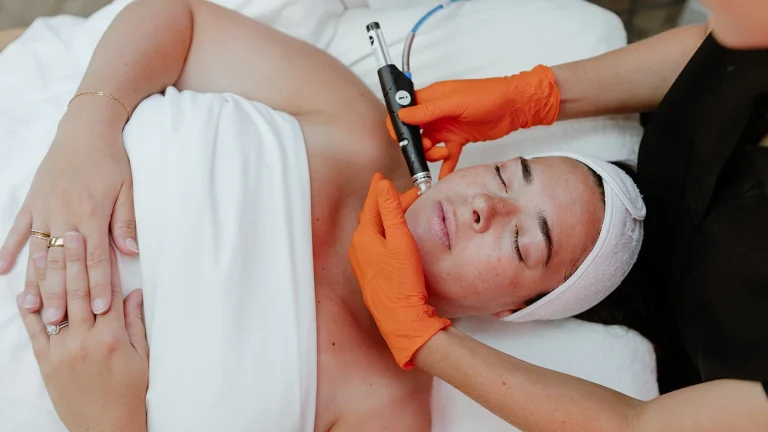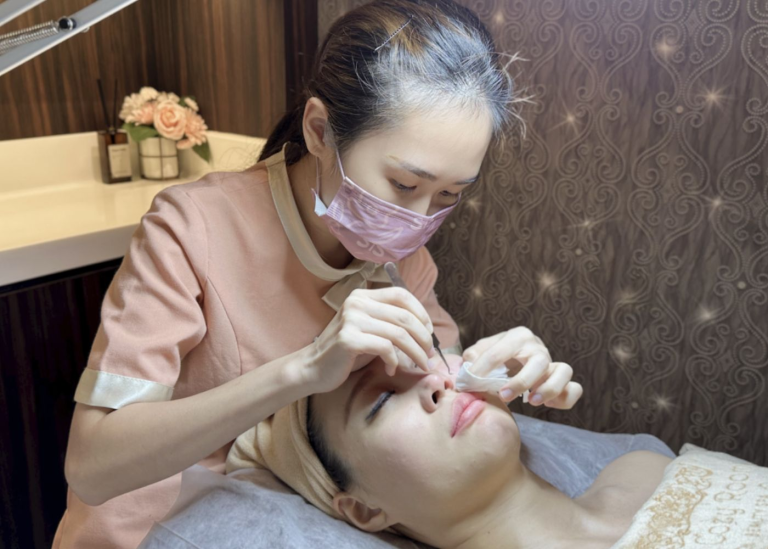Day: May 6, 2024
Here are The Advantages Of Using Clinical Skincare Products
A skin care regimen is only as effective as the products used. Whereas high-quality products could improve your skin’s appearance, low-quality ones could be useless […]
How Does Skin Cancer Appear?
Skin cancer is the most prevalent variety of cancer in the United States. It affects around one in every five Americans over their lives. Skin […]













